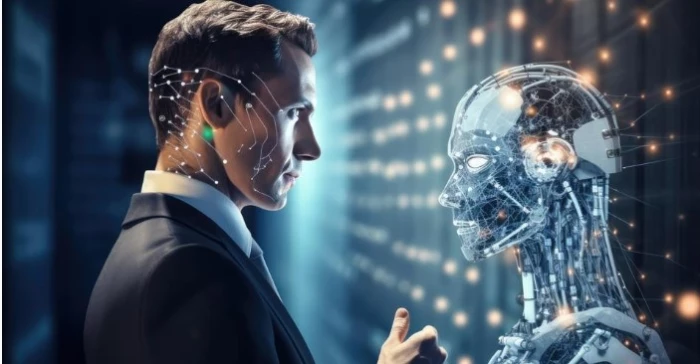

AI is no longer just a buzzword—it's a game-changer. Over the last few years, it's gone from assisting professionals to replacing entire workflows, and in some cases, full departments.
By 2026, several major industries will look nothing like they do today. This isn't some distant future scenario—it’s unfolding right now. Just take a look at this Reddit debate where users argue whether AI-induced job losses will dominate the headlines in just a year. The answer seems more obvious every day.
So which industries are changing the fastest? These six are right at the top.
Remember the days of endless hold music and frustrating call center transfers? Those days are numbered.
AI already manages more than 70% of customer interactions, and tools like Zendesk AI and ChatGPT are handling everything from product questions to complaint resolution. These systems don’t get tired, they don’t have bad days, and they’re available 24/7.
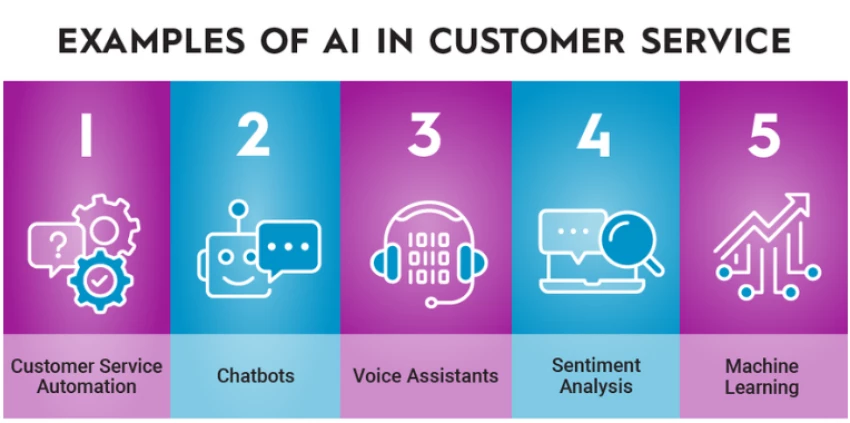
By 2026, expect Tier-1 and Tier-2 support roles to be almost entirely automated.
Many on Quora agree: customer service is one of the most exposed industries—and one of the first to go fully AI-driven.
AI in healthcare has reached levels of accuracy that most people wouldn’t have believed just a few years ago.
In 2024, The Lancet Digital Health published a study showing AI detected breast cancer with 94.6% accuracy, outperforming seasoned radiologists. And that’s just the beginning. From X-ray interpretation to disease prediction, AI systems are taking diagnostics to a new level.
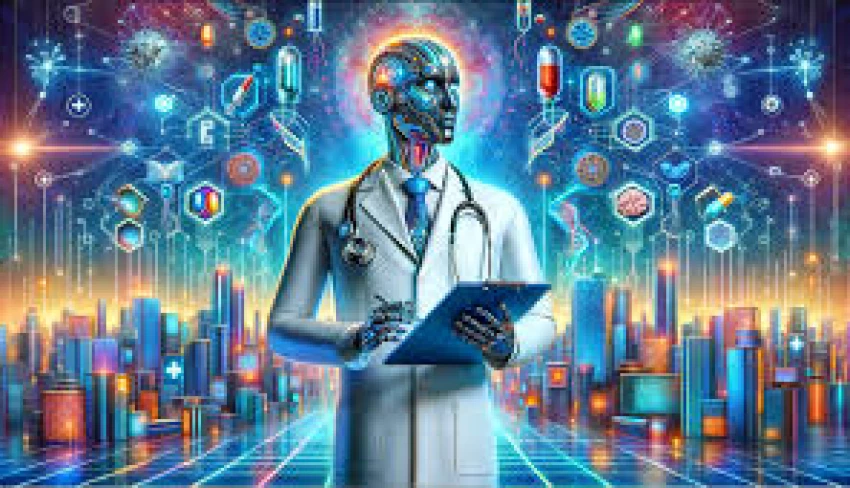
By 2026, expect to see AI embedded into every major diagnostic process.
Devices like Butterfly Network’s AI-powered portable ultrasounds are already making waves in rural clinics—where specialists may not be available at all.
Behind every online purchase is a massive logistics network—and AI is taking over that entire process.
From routing delivery trucks to managing warehouse robots, AI is improving speed, accuracy, and efficiency. UPS, for example, saved 10 million gallons of fuel by optimizing delivery routes using AI.
With long-haul driver shortages continuing and automation technology improving rapidly, AI will dominate this space by 2026.
Amazon, Tesla, and TuSimple are leading the charge toward fully AI-driven fulfillment and freight.
Robo-advisors, fraud detection, and automated customer support—AI is already woven into the fabric of modern banking.
Take JP Morgan’s COIN platform, which reviews 12,000 contracts in seconds—a task that would take humans months. Or Stripe Radar, which identifies fraud in real time across 197 countries.
By 2026, AI will likely run most back-office operations, risk assessments, and investment decisions.
With the pace of innovation, it’s not just about speed—it’s about smarter decisions across the board.
Traditional education has limits—especially when one teacher needs to manage dozens of students with different learning styles.
AI solves that problem by personalizing lessons in real-time. Tools like Duolingo Max and Khanmigo (from Khan Academy) adjust difficulty levels, give feedback, and respond to student questions instantly.
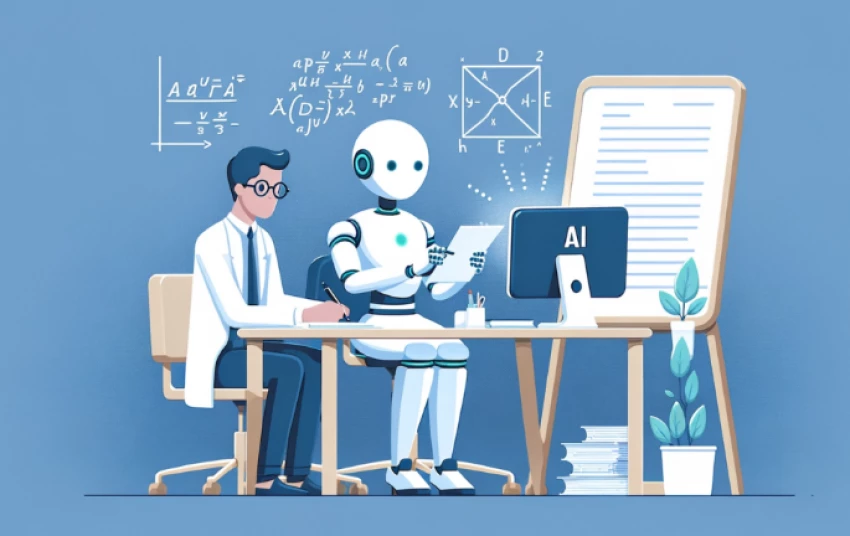
According to McKinsey, students using AI tools improve their learning performance by 30% on average.
By 2026, intelligent tutoring systems will become standard, not supplementary.
Legal firms are now relying on AI for tasks that once required hours of research. From scanning thousands of legal documents to drafting contracts and compliance reports, AI is doing it all.
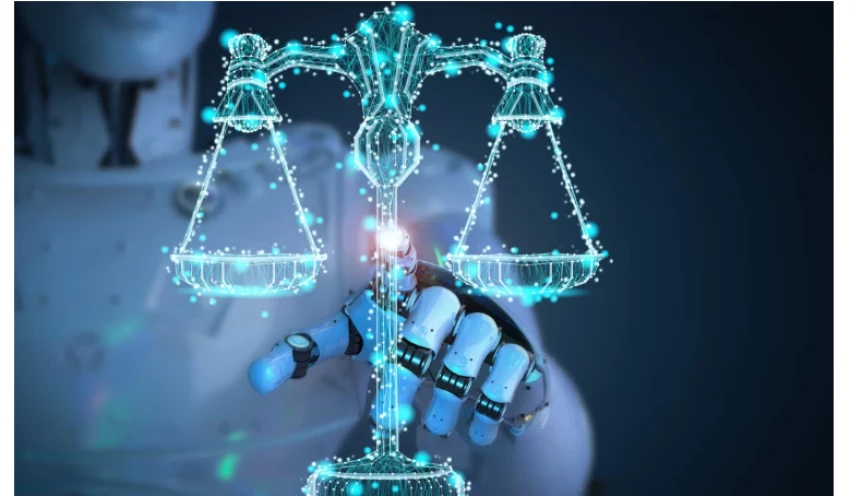
Harvey AI and Luminance are already being used by major law firms to cut contract review time by 80%.
By 2026, the legal industry will rely heavily on AI for nearly all standard procedures.
Legal tech is growing fast, and AI is making once-expensive legal services accessible and scalable.
The first to go will be routine, rules-based jobs that follow predictable workflows. That includes:
Creative and relationship-driven roles may hold out longer—but even those are beginning to see AI support.
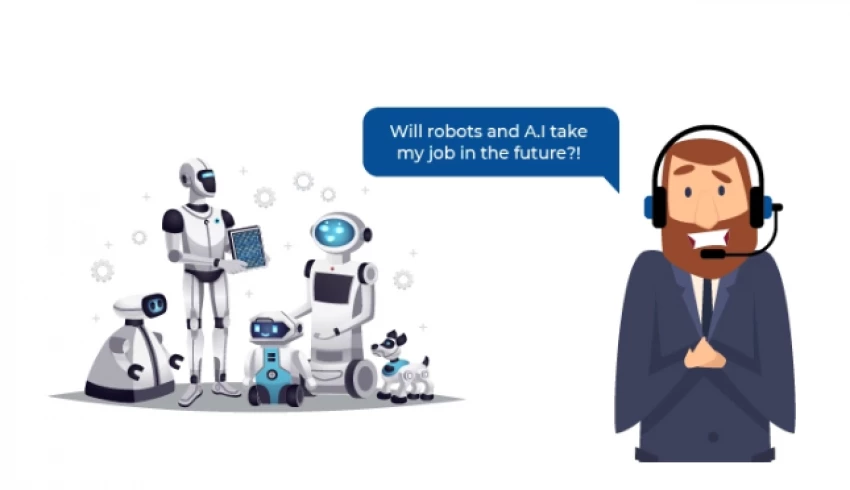
Industries that depend heavily on human intuition or emotion may take longer to shift—but they’re not immune. Professionals are already discussing this on Quora, and it’s clear the clock is ticking for many sectors.
The good news? People and businesses can adapt—with the right mindset and upskilling.
AI isn’t just replacing jobs—it’s also creating new ones.
Roles like:
are emerging quickly. Companies are also investing in reskilling programs to help workers shift into more strategic or creative roles.
To stay ahead of AI disruption, businesses and individuals are taking action now by:
Those who prepare early will have a major advantage in the years ahead.
By 2026, the following industries will likely operate under AI-first models:
Others are close behind.
AI is not coming to disrupt the future. It’s already doing it.
And conversations like this Reddit thread are proof that people are paying attention—and getting concerned. Now’s the time to adapt, not react.
Be the first to post comment!